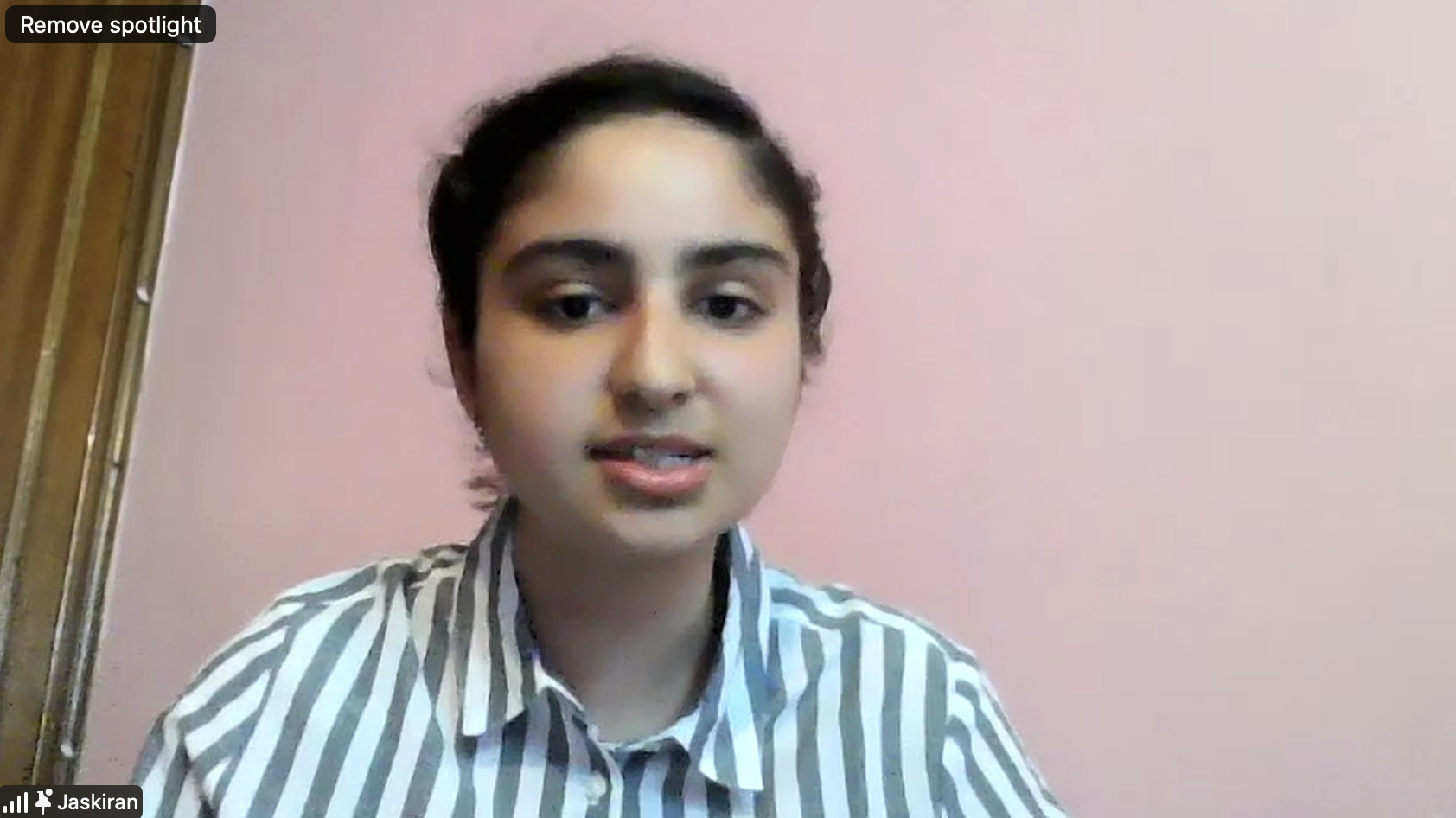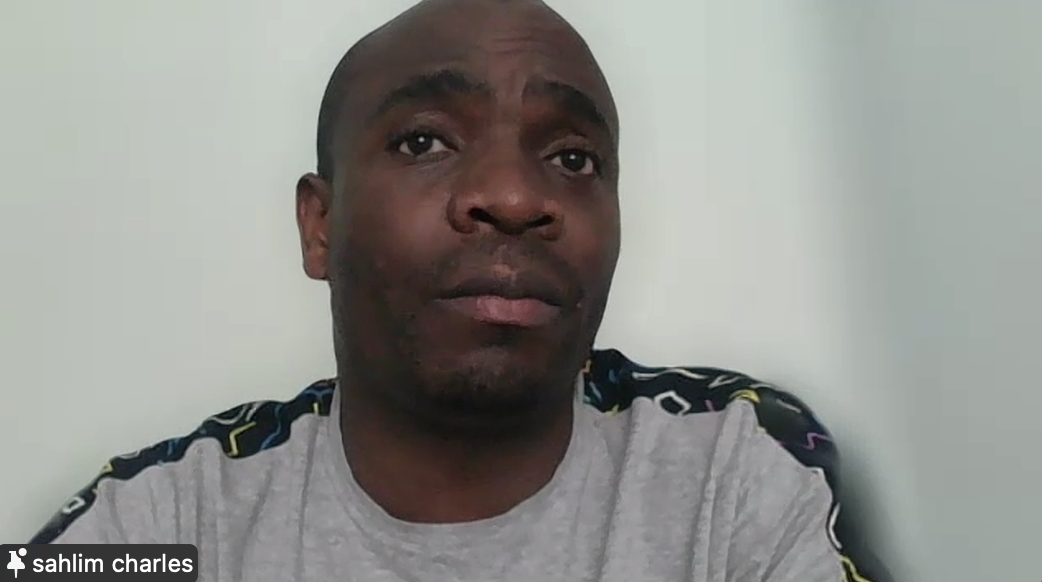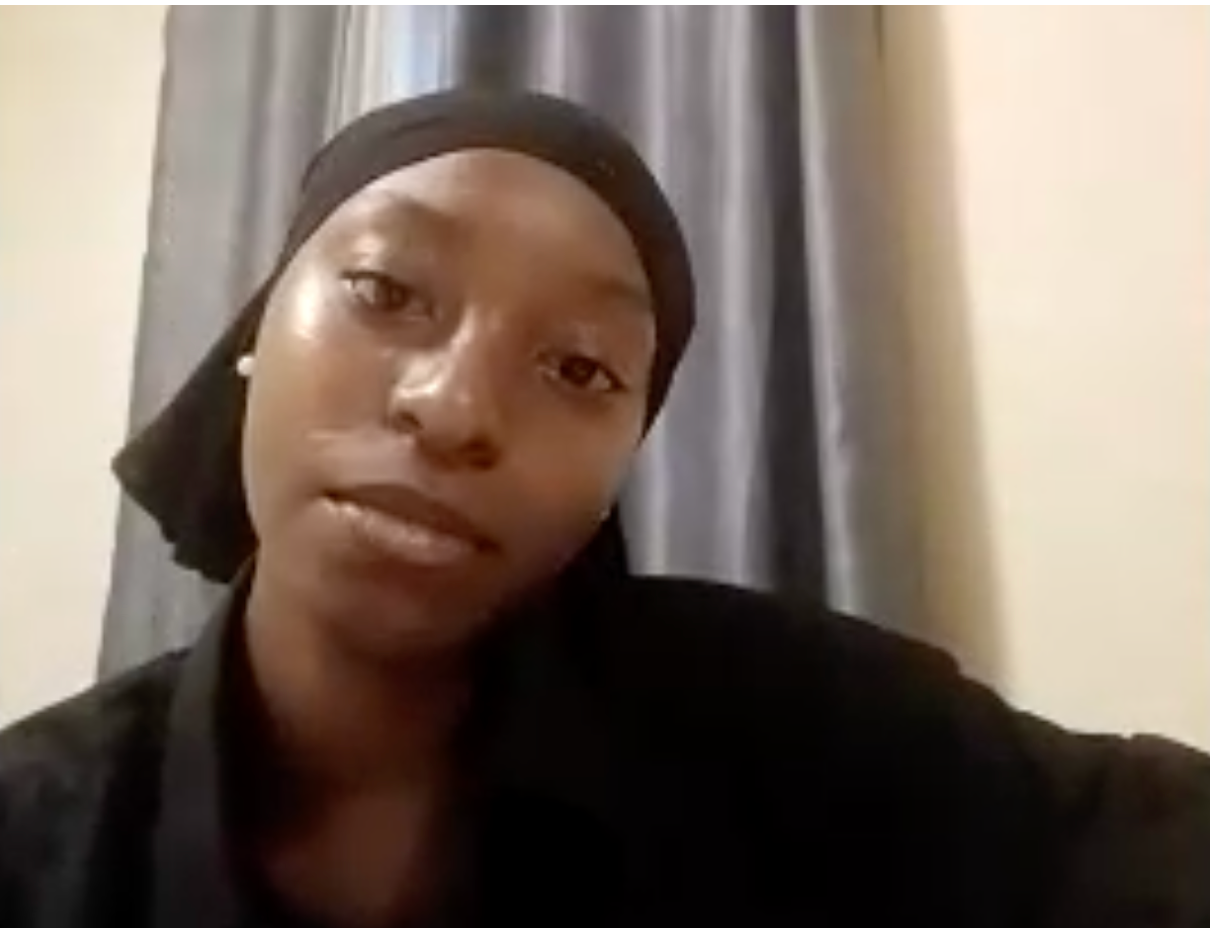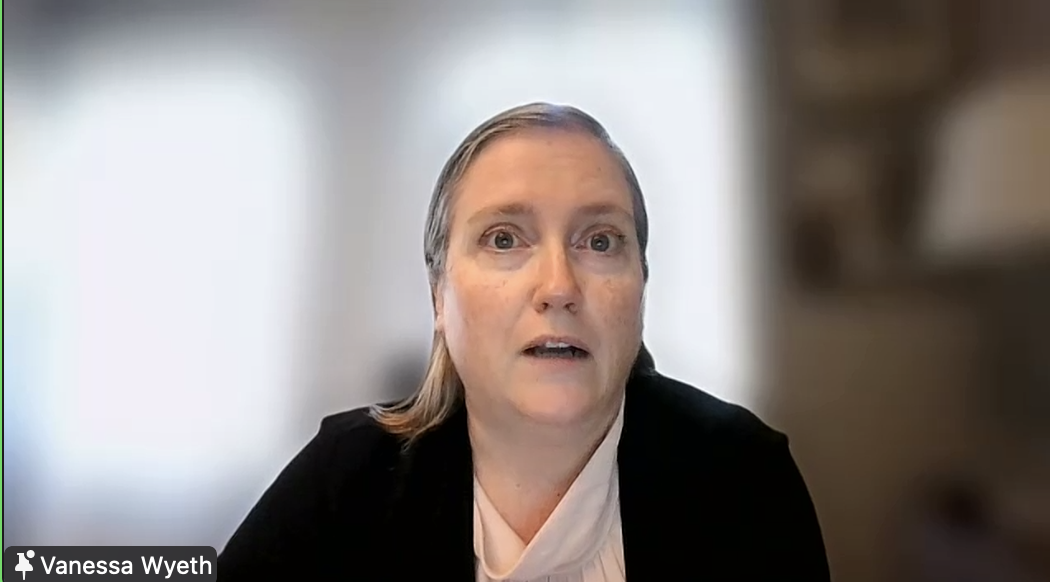Building Bridges for the Future: Advancing the Inclusion of Children in Peacebuilding Efforts
Inclusivity | September 2025
On Thursday, September 18, the Peacemakers Network hosted its third Inclusivity-based Community of Practice meeting of 2025, “Building Bridges for the Future: Advancing the Inclusion of Children in Peacebuilding Efforts.”
Click here to watch the event recording.
The Peacemakers Network’s Senior Specialist on Inclusive Peace, Jessica Roland, began the meeting by welcoming the 60 participants (34 female, 26 male), providing an overview of the agenda, and covering general guidelines for safely welcoming the children invited to speak on Thursday’s panel about their personal experiences in peacebuilding. These child safeguard guidelines included not contacting the children directly, avoiding personal questions, and how to handle any sensitive disclosures from the children respectfully. The discussion then shifted to the panel featuring children and children’s rights advocates in peacebuilding, exploring how these communities can partner to advance intergenerational partnerships for inclusive peacebuilding efforts.

Jasikran opens the panel by advocating for intergenerational collaboration and enhanced children’s engagement in peacebuilding.
The panel was moderated by Jaskiran, Member of the Sikh Council of Africa in Kenya, and consisted of speakers: Sahlim Charles, Founder and Executive Director of Re-Imagining New Communities; Ishfaa-Luna, Member of the Children’s Division of the Peace Council Association in Comoros; and Vanessa Wyeth, Global Lead of Conflict Prevention, Fragility and Peacebuilding for UNICEF.
Jasikran introduced the panel by calling to spotlight global engagement and opportunities in advancing children’s leadership and intergenerational collaboration. Jasikran highlighted that children’s engagement in peacebuilding promotes more sustainable and inclusive development between communities.

Sahlim Charles speaks about framing children’s involvement in peacebuilding as a fundamental right.
Sahlim Charles began the conversation by emphasizing the urgent need to enhance children’s inclusion, stating,
“Involvement of children in peacebuilding is not charity, it is justice.”
He stressed the importance of supporting children as active participants without undermining their wisdom or experiences, expressing that children have a fundamental right to be partners in peacebuilding, not beneficiaries. Children share information innocently and authentically, contributing to peaceful societies and carrying on legacies of peacebuilding through instilled values. Charles affirmed that children’s participation enhances intergenerational support for peacebuilding and emphasizes building sustainable relationships and long-term solutions. He further underscored the need to ensure children have respectful, culturally-sensitive spaces where they can engage freely, advocating, “You don’t know how powerful children’s voices are until you engage them.”

Ishfaa-Luna speaks about respect, social cohesion, and supporting whole-of-community action for peacebuilding.
Ishfaa-Luna then spoke about her experience working as a child peace advocate. She described different events where the voices of children and young people were valued, including the Wear My Shoes Awards 2024, hosted in collaboration with Peacemakers Network Member Arigatou International. She emphasized that her most essential advocacy topics are peace, social cohesion, and communication, as they create the foundation for harmony and respect. Ishfaa-Luna highlighted the importance of starting with small actions to promote peace as everyone’s responsibility, asserting, “Peace is not just a dream, it begins today with us.” She presented children’s inclusion as an opportunity to promote justice and solidarity through whole-of-community engagement in peacebuilding processes.

Vanessa Wyeth speaks about understanding and defending children’s rights as an essential foundation for peace.
Finally, Vanessa Wyeth focused on her peacebuilding work with children through UNICEF, highlighting that the foundations for peace begin in childhood, and investing in children from a young age, “strengthens social cohesion, helps break intergenerational cycles of violence, and helps promote inclusivity, empathy, and compassion.” She stressed that systems of exclusion are at the root of conflict, and a sense of identity develops at an early age. Creating a foundation of inclusion by considering who is being left behind and why is an essential base for understanding how to protect and include children. Wyeth further underscored that the rights of children must be prioritized and cannot be effectively met if children are excluded from the conversation, stating,
“Child rights are incredibly important. They are distinct from the rights of adults. They require protection.”
Wyeth emphasized the importance of actively listening to children’s ideas and supporting their participation, advocating, “They have insights that, if we listen to, can give us incredible ideas about how to solve problems in communities.”
The discussion then progressed into breakout groups, allowing participants to share their experiences and best practices for engaging with children and children’s rights advocates in peacebuilding processes. Participants also explored ways for those in the broader peacebuilding space to be more mindful when working with children and their experiences. Based on these group discussions, below are further strategies and recommendations to enhance the inclusion of children in peacebuilding efforts.
Follow the Peacemakers Network on social
